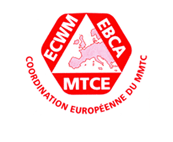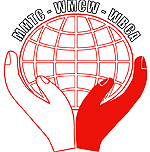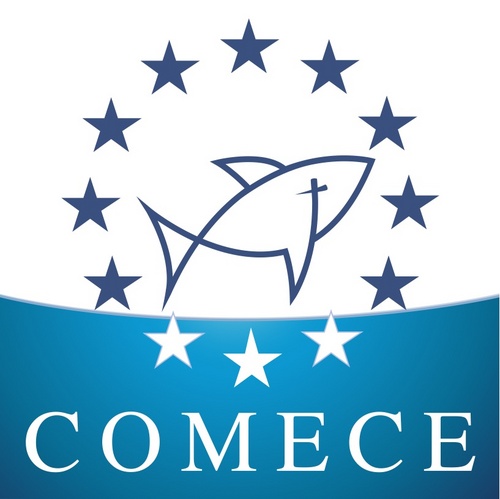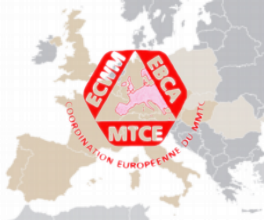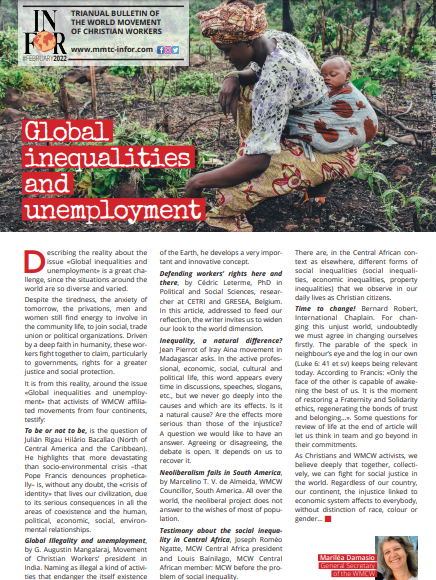MCW England: "Unworkable workplaces" - New issue of MCW Review

Back in September 2014 the MCW Review featured an article by a Primary School Teacher and her colleagues sharing their experiences of working life. It describes how some had chosen to go part-time just so that they didn‟t have to work weekends which is what the result of full-time teaching actually meant in practice. The demands of work time and balancing family life meant exhausted teachers. Now, 4 years later newspaper headlines point to the fact that there is an “out flux” of teachers lining up to leave (Guardian Education, 10th April 2018). This June edition mirrors the same phenomena, albeit highlighting how the demands of the workplace are affecting the health of workers.
Various political parties have supported quotas being introduced into public services and contracted-out services; companies have set up exacting timescales of service provision, delivery and response times which have met with general popular approval. As a result, expectations have risen within the general population. However, these populist measures when introduced failed to acknowledge that whilst we are customers, travellers, students, patients, we are also the workers who have to provide and maintain this same level of immediate service demand. Individuals can allocate themselves or be allocated into particular compartments where they become at odds with each other and themselves particularly when, simultaneously, funding and resources are cut for a variety of reasons. Unsustainable and unworkable are words repeated as article after article in various newspapers refer to the widespread recognition of work-related stress. Long hours; not in control of how the job or role is carried out; no input into how the job could be improved; working towards goals and quotas that are more quantifiable than qualitative; all contribute to the stress factors being identified in too many places of work.
The statistics from the Health & Safety Executive reported in this edition underlies the presentation contents given at the various meetings marking International Workers‟ Memorial Day. The lost working days because of work demands demonstrate the conditions, pressure and obligations being made on and met by workers. Elizabeth, a young woman, set on being a good doctor and looking after those who needed health care could only come to one conclusion to save her own sanity: to leave; to walk away. Her article is telling in many ways. It highlights how, when pushed to step up and speak out; to stand up for yourself and those around you it results in a blame game. Consequently, solidarity is lost and the individual is isolated as if it is only their problem. Thus, any fundamental issue shaping all their lives gets lost and at the very least the workplace is fractured or, at worst, broken. Dr Caroline Elton is author of “Also Human: The inner Lives of Doctors”. One reviewer of this book, Rosie McConachie, seems to capture and sum up exactly the issues which Elizabeth was conveying, “the book looks at the ways the system fails doctors and medical students and to some extend the ways some doctors fail one another.”
The MCW welcomed Otto Meier and Toni Santamaria in preparation for the European Seminar taking place in Birmingham during October 2018. With the theme Digital Work, anytime, anywhere and its impact on workers and their families the experiences in this edition, although not specifically about digitalisation, are more than likely to be replicated and will inevitably beg the question how we can protect the rights of all workers.
"Decent work for a good life for all", A Statement of ECWM on the occasion of the World Day for Decent Work, October 7th
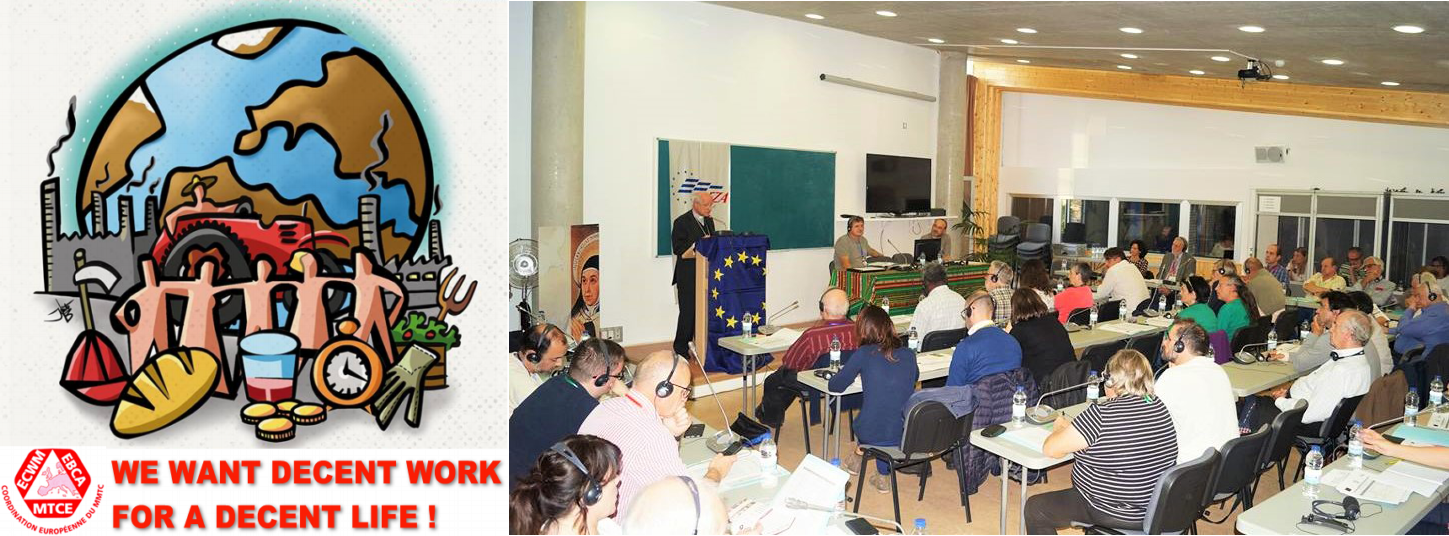
(Outcome of the ECWM seminar on "Decent Work and Precarious Employment" held from 12 to 15 July 2017 in Avila, Spain)
We find that:
Many people around the world are living in unworthy conditions because their basic needs are not guaranteed. They have no access to land, work and housing, which prevents them from enjoying a good life. The globalization of the economy has not had as a consequence a globalization of social rights. The power of multinational corporations in many ways makes it impossible to implement policies that are more respectful of the convictions of the people. Capitalism often drives forward a type of economic progress that does not involve social and environmental accountability. Work is gradually being replaced by precarious employment which, on the one hand, affects people’s health and, on the other, pushes them away and out of society. People are not given the same opportunities in life. Poverty and hunger continue to increase. Many are forced to leave their homeland, because of war and destruction or of poverty. The fate of refugees and migrants shows how unfair the current global economic order is. "This economy kills!" said Pope Francis in his apostolic letter Evangelii Gaudium.
ECWM SEMINAR AND CONGRESS IN AVILA (Spain) Decent work and precarious jobs in Europe
.png)
Sixty participants from 11 European countries meet from 12th to 15th July at the CITES (Teresian-Sanjuanist International Centre) of the diocese of Avila to hold the annual seminar and General Congress of the European Christian Worker Movement (ECWM).
The seminar, which is being held for the second consecutive year in the city of Avila, focuses its contents, on this occasion, in the European situation regarding decent work and the alarming increase in precariousness throughout the continent.
The first part of the seminar will focus on analysing from personal experiences the consequences of the changes taking place in the labour world. KWB Belgium activists and members of the HKD Napredak organisation in Bosnia will also be present. There will also be a space for reflection and debate on the situation of migrants and refugees in the face of the desperate situation facing so many people and the almost absolute stagnation of European institutions. This moment will be accompanied by Alberto Plaza, Jesuit, director of Pueblos Unidos and member of the Jesuit Service to migrants in Spain.
A second part will address the role of the ILO and workers' organisations in achieving decent work. Bernard Thibault, who was secretary general of the CGT between 1999 and 2013, will participate. He is now a member of the ILO board of directors of France.
The priest Gerard Müller, ECWM accompanier, will consider a look at the labour world from the Word of God and the social doctrine of the Church. After this intervention the work groups will be started to deepen the situation addressed in the expositions.
On Friday the 14th, the participants of the seminar will visit two decent work experiences in Avila. They will know about the work carried out by Diocesan Caritas in supporting the creation of small businesses and the Special Employment Centre for people with disabilities, La Casa Grande de Martiherrero. At the end of these visits a street action is planned and participants, despite linguistic limitations, will approach the citizens of Avila to get their opinion on decent work.
At the end of the seminar the ECWM Congress will begin and will focus its work on the preparation of the General Congress of the World Movement of Christian Workers (WMCW) to be held in the days following the European meeting.
For further information, please contact Manolo Copé, ECWM coordinator, at +34650574823.
WMCW International Council and ECWM Coordination meetings to prepare their next General Assembly
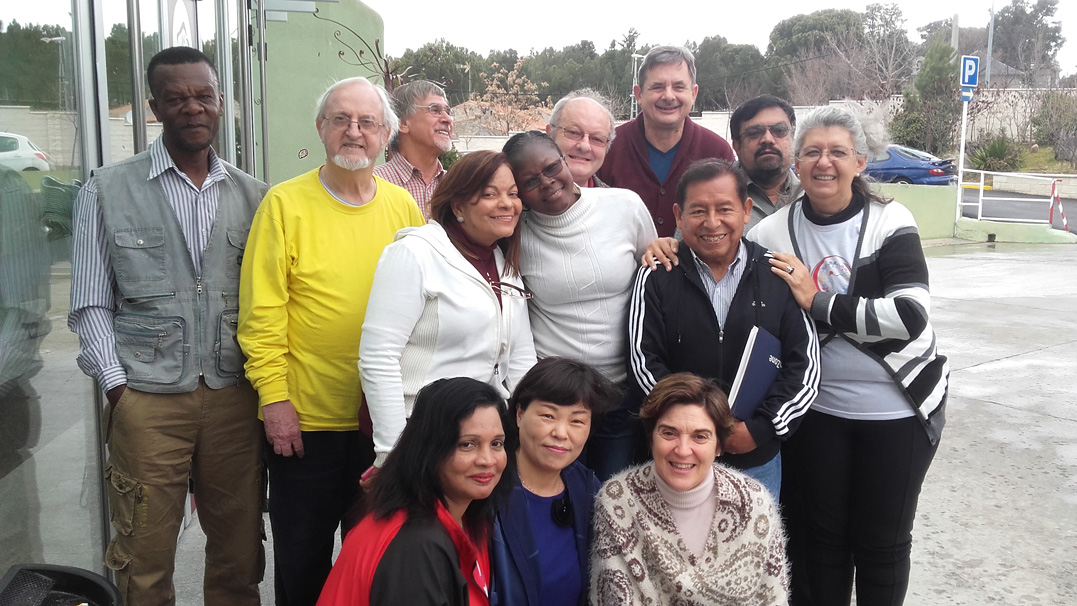
The International Council of the World Movement of Christian Workers (WMCW) and the Coordinating Group of the European Christian Workers Movement (ECWM) meet in Avila, before the General Congress to be held in Spain next July.
These bodies representing and directing the WMCW and the EXWM meet, from 29th January to 2nd February (WMCW) and 2nd ton 5th February (ECWM), at the University of the Mystic in Avila. With a double objective: the preparation of the next General Congress; and the call of the International Seminar "Building a Solidary Society, Human Dignity and the Right to Work".
The first part of the working agenda of the WMCW Council will discuss the tasks and activities carried out during 2016: the assessment of seminars in Central America, Asia, East Africa and Europe; the various instruments that articulate the WMCW's communication policy; the '0.5 cents' campaign; the World Day for Decent Work on 7th October; the participation and agreements of the World Meeting of Popular Movements with the Pope; to end the preparations for the next General Congress from 18th to 21st July 2017.
Reaffirming the dignity of work in the face of a changing world of work
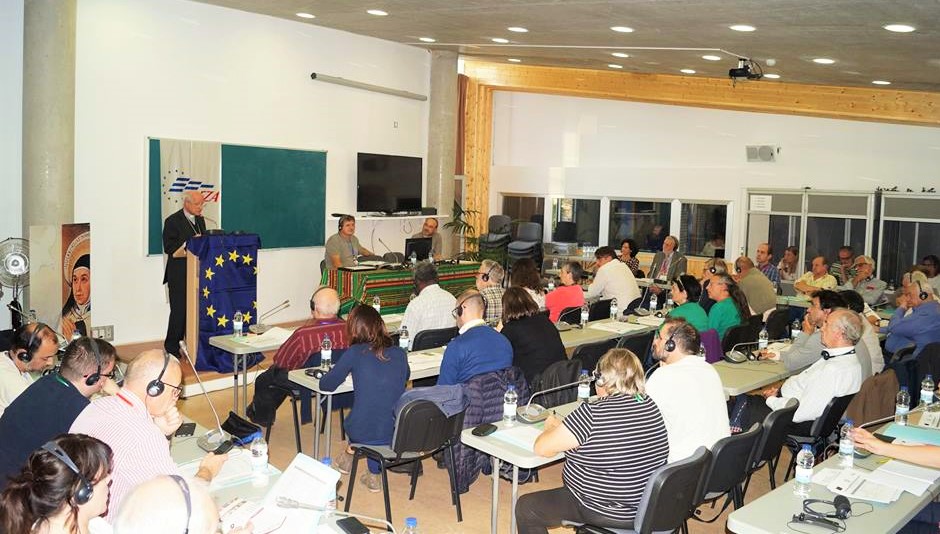
Final declaration of the Seminar of the European Christian Workers Movement
We, movements of Christian workers from all over Europe, met in Avila from October 27th to October 30th, 2016 to learn about and evaluate the changes which are taking place in the world of work. On the basis of the personal experience and testimonies of the groups affected by these changes, the participants to the seminar analyzed the causes and consequences of these changes on young people and families.
The Seminar also reviewed the Report of Caritas Europe on poverty in Europe and discussed the prospects for the world of work from the perspective of the social Doctrine of the Church. This was done by evaluating the work done by both Church and trade union organisations in order to cope with the consequences on people of the current world of work. Finally, the movements also reflected about the challenges that both Church and society are facing as a consequence of the current changes in the world of work.
Challenges related to decent work
Benedict XVI reminds us, in Caritas in veritate, that decent work is “the expression of the essential dignity of all men and women” (N. 63). Consequently, if work is not decent, workers will not be able to have a dignified life. The increasingly precarious work conditions are one of the most devastating consequences for people, families and society. In his speech to the European Parliament in November 2014, Pope Francis affirmed that it “was especially necessary to regive dignity to work and also guarantee that the right conditions are in place to ensure that this is achieved”.
We will find answers to the current situation of the world of work only if we find ways and means to reaffirm the dignity of work. To do so, it is essential to deeply rethink the meaning we give to work.
We are facing many challenges: positioning the person at the center of everything, giving work a meaning and a value that goes beyond employment, ensuring dignified condition of work, that contribute to humanizing work, ensuring universal access to health, housing, education, etc without conditioning these rights to having a paid job. We are also facing a transformation of the world of work because of the increased robotization and computerization
ECWM Seminar and Assembly 2016 in Avila, Spain
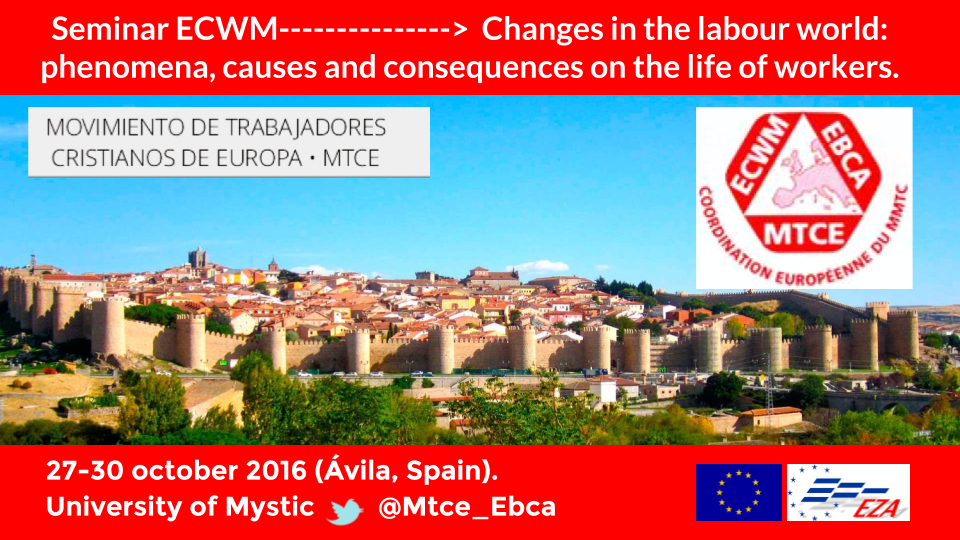
CHANGES IN THE WORLD OF WORK.
Causes and consequences for the lives of workers.
From 27th to 30th October, the annual conference and general assembly of the European Movement of Christian Workers (ECWM) will be held at the CITES (International Teresian Centre) of the diocese of Avila.
The seminar focuses its contents on the changes in the world of work, the causes and consequences of these changes in the lives of working families.
The opening session will be attended by the Bishop of the diocese of Avila, Mons. Jesús García Burillo, the mayor of the city, José Luis Rivas and the vicepresident of EZA (European Centre for Workers' Questions) Herbert Metzger. Also will be Manuel Candil, president of HOAC Ávia and Jose Fernando Almazán, president of HOAC Spain.
The first part of the seminar will focus on analyzing from personal experiences, the consequences it is having the changes that are occurring in the workplace. Speakers will be young militants of the JOC of Avila and also members of the PAHs of Avila.
A second part, in the morning, will address the contents of the report of Caritas Europe "Ending poverty in Europe. Our proposals to make this possible. To deepen the content of this report will accompany us Pedro Fuentes, a sociologist and member of Team studies Caritas Spain. Also we have the presence of Thomas Wallimann, Director of the Social Institute of Switzerland, the movement of Christian workers in Switzerland (KAB) that raise the outlook for the world of work today, from the social doctrine of the Church.
In the afternoon there will be a work in groups to address the causes and consequences of the current situation in the world of work and then there will be two visits to the city: Caritas Ávila to know the employment program of this entity and another visit at the headquarters of workers' comissions to share a round table with trade unions USO, UGT and CCOO.
The third part of the seminar will address the challenges that changes in the world of work and its current orientation presented to the Church and society. The content of this part will develop Montxo López, a militant of HOAC Bilbao and member of the working Pastoral of the Diocese of Bilbao.
At the end of the seminar, the Assembly of ECWM focus its work on the preparation of the General Assembly of the World Movement of Christian Workers, MMTC. The meeting will be held next July also in the city of Avila, where they will attend representatives of Christian workers of all parts of the world.
Page 6 of 8
